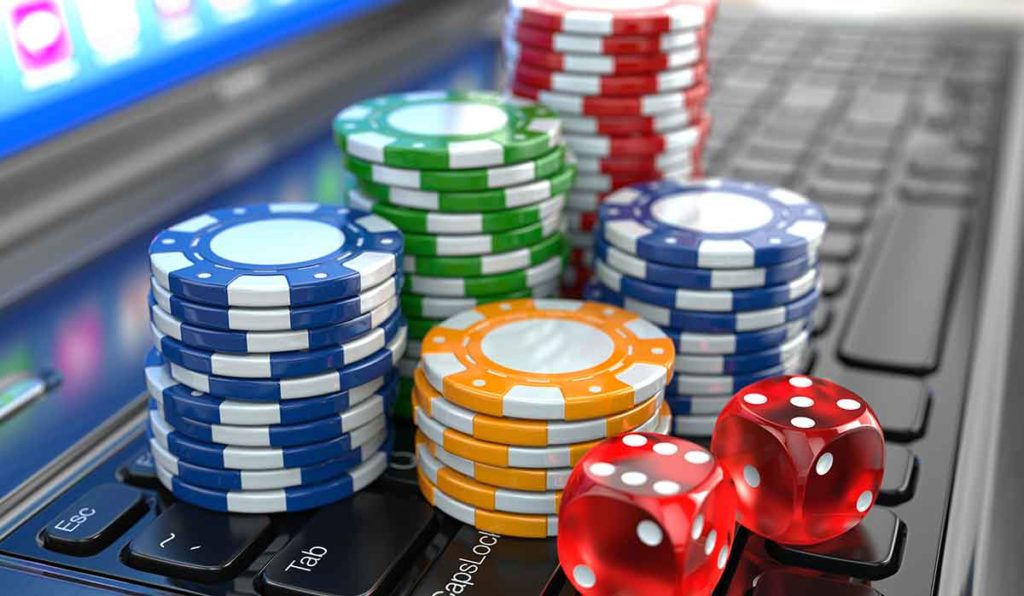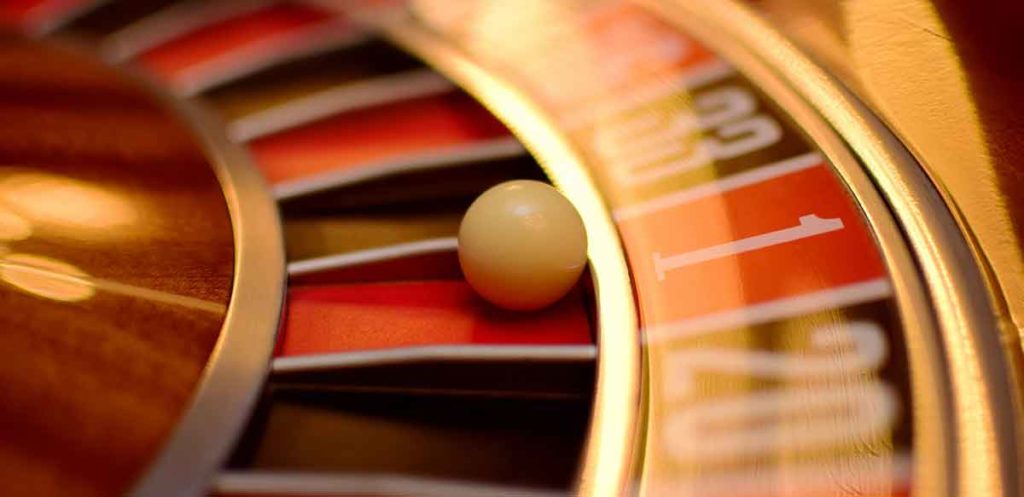Gambling addiction is a complex issue that affects millions of individuals and their loved ones. According to the American Psychiatric Association, gambling disorder is recognized as a serious condition that can devastate lives. The path to recovery may seem daunting, but it’s important to know that it is not only possible but also achievable with the right commitment and professional treatment.
There have been many who have managed to overcome gambling addiction. And if you have found yourself wondering “can gambling addiction be cured” in your circumstances, keep reading to learn how and why this is more than possible.

Yes, it is possible to recover from gambling addiction with the right commitment and professional treatment. Furthermore, it is never too early or too late to seek help if you feel that problem gambling is becoming an issue for you, or someone you care about.
The most important indicator that someone will be successful in recovering from gambling addiction is their commitment to such a recovery. Commitment plays a pivotal role in this process, as it’s the driving force behind the desire for change.
Without this mindset, recovery becomes an elusive goal. However, when individuals fully embrace the idea that they can break free from the clutches of compulsive gambling, they take the first critical step towards recovery.
Another important factor is seeking professional help. If we recognize that gambling disorder is a complex issue and involves underlying psychological, emotional, and behavioral factors, it becomes evident that professional guidance is essential.
Trained therapists, counselors, and addiction specialists can offer valuable insights and strategies tailored to the individual’s unique circumstances. They can help uncover the root causes of addiction, provide coping mechanisms, and offer support throughout the recovery journey. Many treatment approaches include cognitive behavioral addiction therapy, which has shown significant success in helping people with gambling problems.
Before seeking treatment, it’s important to recognize the signs and symptoms of gambling addiction. According to the National Council on Problem Gambling and the American Psychiatric Association, some key indicators include:
These symptoms can vary in severity, but recognizing these signs is crucial for early intervention. Problem gambling often begins gradually and can escalate over time, with many people not realizing they have an issue until it has significantly impacted their lives.
Gambling addiction affects not just the individual but has ripple effects that impact families, relationships, and communities. Some of the most common effects include:
Problematic gambling often leads to severe financial hardship. People with gambling addiction may:
The psychological toll of gambling disorder can be devastating:
The brain’s reward system, particularly the release of dopamine, plays a significant role in the addictive nature of gambling activities. This is similar to what happens in substance use disorders, which explains why gambling can be so difficult to stop despite negative consequences.
Gambling affects relationships in profound ways:
Whether gambling addiction is ‘permanent’ or not depends on the perspective that one takes about ‘addiction’ in general. There are some who say that once an addict, you are always an addict even if you are ‘in recovery’, while others prefer to consider themselves as ‘recovered’ once and for all.
While there is ongoing debate about the exact terminology and philosophical perspective to take on the labeling of addiction, it’s important to remember that with the right treatment, you do not need to find yourself trapped in addiction. That is to say, that you do not need to permanently be in active addiction to gambling forever.
Gambling addiction treatment will refer to when a person starts to access professional help, either outpatient or inpatient, and will start to develop the tools and strategies necessary to manage and overcome addiction. There are various treatment approaches, such as therapy, counseling, and support groups, that provide valuable insights and coping mechanisms.
Many people go into addiction treatment hoping that it will cure them of their addiction, and that they will come out ‘fixed’. The reality is that there is no magic ‘cure’ for addiction, and it would be unethical for any clinic or professional to attempt to convince someone struggling with addiction that there is.
Recovery and treatment do not result in the absence of challenges, or that you may never be tempted to gambling again. However it does offer the opportunity to understand why gambling became so problematic for you, how you can resist the temptation to relapse, and where you can find other meaning and pleasure in your life.
Having the skills to confront your addiction head on represents a chance to take back control over your life. Research consistently shows that those who seek treatment for their addictions have a much higher quality of life, and are much happier, than those that do not.

Quitting gambling forever requires a strong set of skills, knowledge, and strong determination to maintain the commitment to abstinence. Some of the first steps you can take to protect yourself from gambling include:
If you’ve decided to quit gambling forever, you deserve recognition for this huge step you’ve taken towards a better life. One common expression used in treatment is that “recovery is not for people who need it: it’s for people who want it.”
If you have decided that you, or someone you care about, needs help with their gambling addiction, then Clinic Les Alpes could be the right place for you. Inpatient recovery at this clinic offers the latest in evidence based treatments and a truly holistic approach to both internal and external wellbeing.
During your treatment at Clinic Les Alpes, you can expect:
Offering world-class treatment for gambling disorder within a luxury setting, Clinic Les Alpes is a leader in addiction treatment and recovery. With access to all of the above treatments, as well as the finest amenities, you can start your recovery in complete privacy and security. Please do not hesitate to contact us for more information on how we can help you.
In the challenging journey of gambling addiction, understanding that recovery is not only possible but achievable is paramount. Commitment, professional treatment, and support networks are the cornerstones of successful recovery.
With determination and the right resources, you can overcome the grip of gambling addiction and embark on a path to a brighter, addiction-free future. Access professional support today to ensure that your answer to the question “Can gambling addiction be cured?” is a resounding “Yes.”